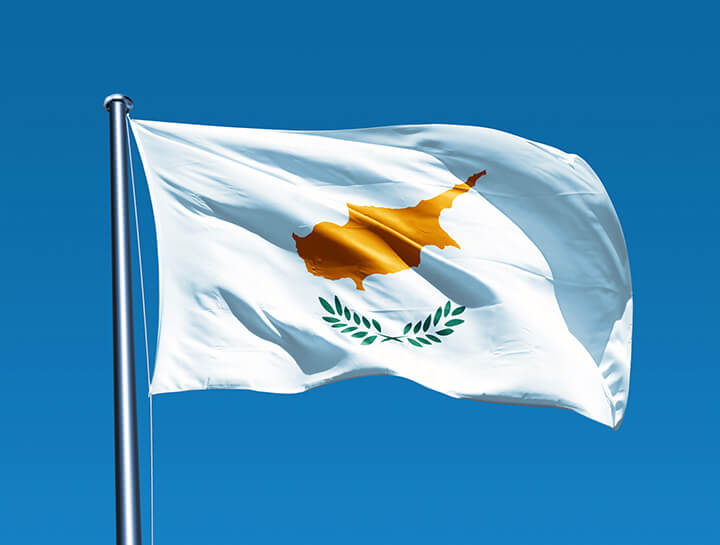Rival leaders of Cyprus ready for UN-led meeting to restart peace talks

The rival leaders of ethnically divided Cyprus have said they are ready to take part in a UN-led gathering that could pave the way to a resumption of formal talks after an eight-year hiatus to resolve one of the world’s most intractable disputes.
But it remains moot whether the meeting will successfully bridge a widening chasm that separates the leader of the breakaway Turkish Cypriots, Ersin Tatar, and the island’s Greek Cypriot president, Nikos Christodoulides, on what a future peace deal should look like.
Separate talks
Ms DiCarlo said that UN secretary-Ggneral Antonio Guterres remains committed to helping both sides move forward with formal negotiations, while Mr Christodoulides repeated that continued ethnic division cannot be Cyprus’ future.
“As we see in our neighbourhood, there are no frozen conflicts,” Mr Christodoulides said.
Split
Nearly a decade later, Turkish Cypriots declared independence in Cyprus’ northern third, where Turkey maintains more than 35,000 troops.
Cyprus joined the European Union in 2004, but only Greek Cypriots in the south where the island’s internationally recognised government is seated enjoy full benefits.
Numerous UN-sponsored rounds of peace talks ended in failure, the most recent being in 2017.
Following the collapse of those talks, Turkey and the Turkish Cypriots opted out of reunifying Cyprus as a federation composed of Greek Cypriot and Turkish Cypriot zones – a framework that all previous negotiations had operated under.
Instead, they insist on what is essentially a two-state deal under which Turkish Cypriots would have “sovereign equality and equal international status” like the majority Greek Cypriots, Mr Tatar said on Monday.
In turn, Greek Cypriots reject any peace deal that would formalise the island’s partition. They also reject a Turkish and Turkish Cypriot demand for a post-settlement permanent Turkish troop presence and military intervention rights ceded to Ankara.
Indicative of the gulf separating the two sides is an ongoing disagreement on which additional crossing points should open across a 120-mile UN-controlled buffer zone to ease the flow of people to and from either side. There are currently eight such crossing points that are open.
Mr Tatar said that the meeting next month would take place on March 17-18, but Cypriot government spokesman Constantinos Letymbiotis said that the United Nations will confirm the exact dates in due course.
Support our Nation today
For the price of a cup of coffee a month you can help us create an independent, not-for-profit, national news service for the people of Wales, by the people of Wales.





